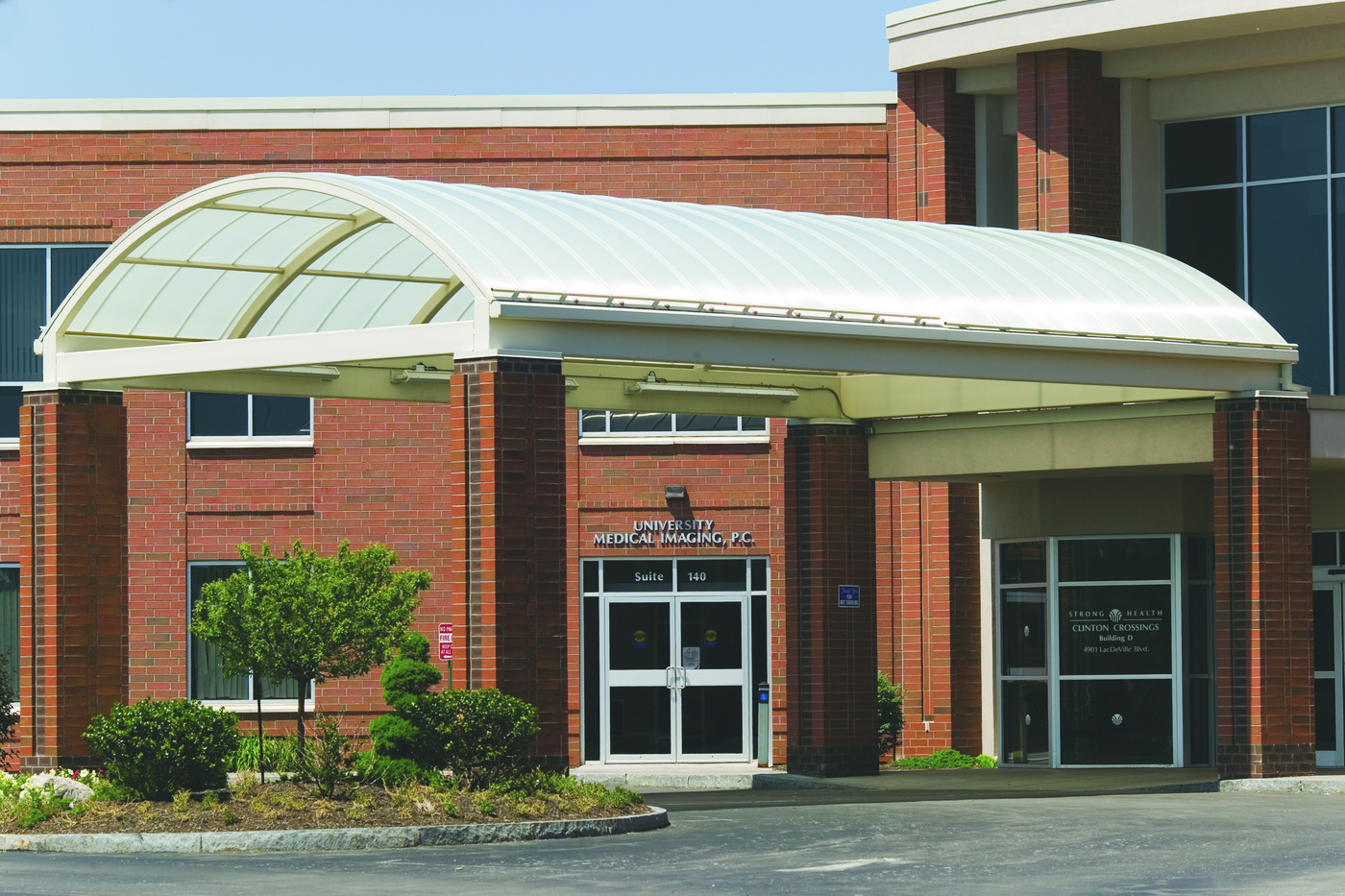Primary Progressive Aphasia (PPA)
What Is Primary Progressive Aphasia?
Primary Progressive Aphasia (PPA) is a brain disorder that gradually affects speech and language. It happens when parts of the brain that control language shrink and weaken over time. This usually affects the left side of the brain, in areas that help with speaking, understanding, reading, and writing.
PPA progresses differently for each person, but symptoms often start before age 65. As the condition worsens, some people may lose the ability to speak or write and may need other ways to communicate.
What Are the Symptoms of PPA?
People living with PPA may experience:
- Difficulty understanding spoken or written information
- Challenges finding words and forming sentences
- Problems reading and writing
- Errors in speech sounds (apraxia of speech)
- Progressive loss of speech and language abilities
As PPA progresses, some people may have memory loss, trouble moving, or changes in mood and behavior, like depression or social withdrawal. Over time, most people need daily help with talking and everyday tasks.
What Are the Types of PPA?
There are several different types of primary progressive aphasia and each of these types can have several different underlying causes:
Semantic: People may have trouble coming up with names of things as well as understanding what words mean.
Agrammatic: People may have difficulty “getting the words out.” Speaking and writing becomes very difficult.
Logopenic: People may have difficulty coming up with words, but there is less difficulty with understanding words.
What Causes PPA?
The most common causes of primary progressive aphasia are the frontotemporal lobar degenerations due to either Tau or TDP-43 protein deposition and Alzheimer’s disease.
It is important to determine the underlying cause of the PPA and use this information to determine the appropriate treatment options.
UR Medicine's Treatments for Primary Progressive Aphasia (PPA)
How Is PPA Diagnosed?
PPA is diagnosed through a comprehensive evaluation that includes:
- Neurological and cognitive assessments to rule out other conditions.
- Imaging tests, such as MRI or PET scans, to identify brain atrophy patterns.
- Speech, language, and cognitive evaluations by a speech-language pathologist (SLP) to assess communication strengths and challenges.
Treatment & Management
There is no cure for PPA, but treatment focuses on maximizing communication abilities and improving quality of life. UR Medicine offers a multidisciplinary approach, combining neurology, speech-language pathology, and supportive care to help individuals and families navigate this condition.
- Speech-Language Therapy – SLPs develop personalized strategies to help individuals retain language skills for as long as possible and explore alternative communication methods when needed.
- Communication Tools & Technology – Augmentative and alternative communication (AAC) tools, including picture boards, speech-generating devices, and mobile apps, can assist with daily interactions.
- Caregiver Support & Education – Families and caregivers receive training and resources to help manage communication challenges and support their loved ones effectively.
- Cognitive & Behavioral Support – As PPA progresses, memory, judgment, and emotional regulation may be affected. Our team provides comprehensive care to address these challenges.
What Sets Us Apart?
At UR Medicine, we take a multidisciplinary approach to diagnosing and managing Primary Progressive Aphasia (PPA), ensuring patients receive comprehensive, individualized care. Our team brings together neurologists, dementia specialists, speech-language pathologists, neuropsychologists, and movement disorder experts to provide the most advanced treatment options available.
Expert Neurology & Dementia Care
- Nationally recognized specialists in neurodegenerative diseases, including PPA, frontotemporal dementia, and Alzheimer’s disease.
- Dedicated memory and movement disorder clinics, offering cutting-edge diagnostics and ongoing disease management.
Leading Speech & Language Rehabilitation
- Personalized therapy programs led by highly trained speech-language pathologists to help patients retain communication abilities and develop strategies for language loss.
- Expertise in augmentative and alternative communication (AAC) tools, from picture boards to advanced speech-generating devices.
Innovative Research & Clinical Trials
- Access to groundbreaking research in dementia, cognitive decline, and neurodegenerative disease progression.
- Opportunities to participate in clinical trials, helping advance future treatments for PPA and related conditions.
Comprehensive Support for Patients & Caregivers
- Integrated neuropsychology services to address changes in memory, behavior, and emotional well-being.
- Education, counseling, and support groups to help families and caregivers navigate the challenges of PPA.
Providers
Speech Pathologists
- Jaime Rosa Campeau, M.S., B.S.
Speech-Language Pathologist - Heather Coles, M.A., CCC-SLP
Senior Speech-Language Pathologist - Judith Kennedy, M.S, CCC-SLP
Senior Speech-Language Pathologist - Sheryl A.N. Maier, M.A., CCC-SLP
Senior Speech-Language Pathologist, Manager of Outpatient Speech-Language Pathology - Kelly Julian O'Brien, M.A., CCC-SLP
Speech-Language Pathologist
Locations
View All LocationsWe serve you in the Rochester metropolitan area and surrounding region.
View All Locations2 locations
Clinton Woods
2365 South Clinton Avenue, Suite 200
Rochester, NY 14618
Clinton Crossings, Building F
2400 South Clinton Avenue
Rochester, NY 14618
Patient Education & Support
- National Aphasia Association: PPA
- National Aphasia Association: Understanding PPA
- UCSF – Weill Institute for Neurosciences: Primary Progressive Aphasia
Videos
- Living with LPA (Logopenic PPA): YouTube video
Research
- Northwestern – Join a Research Study for PPA: Join a Study: Mesulam Center for Cognitive Neurology and Alzheimer’s Disease: Feinberg School of Medicine: Northwestern University

